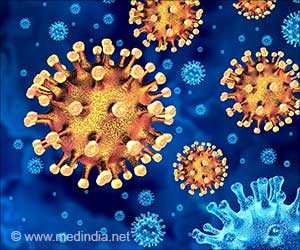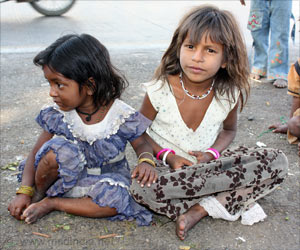Scientists are undertaking research to develop a vaccine for immunization against malaria. The vaccine is expected to reduce the severity of the disease.
Scientists are undertaking research to develop a vaccine for immunization against malaria. The vaccine is expected to reduce the severity of the disease.
The scientists at the international Institute of Genetic Engineering and Biotechnology (ICGEB) in New Delhi are involved in the research on malaria for the past few years.The scientists at the institute have tested almost 20 vaccines. One of them is showing good results.
The scientists believe the progress of the research of the vaccine depends on the phase one trial. If this goes on well, the scientists expect to develop a partially successful vaccine to reduce the severity of the disease in a few years.
"I think if everything goes well, we may have a partially successful working vaccine in the next five to ten years. If other efforts also go simultaneously and if there are several partially successful vaccines, they can be mixed together to get a much better vaccine. We are in the beginning of the malaria vaccine research," said Dr. V.S Chauhan, director, ICGEB.
The vaccine for malaria will not work as other vaccines. The centre is developing a vaccine for infants initially. It will boost the immunity of children to fight against the disease.
"In this case, the initial aim would be just to immunize very young children, infants, in the areas where there is a lot of malaria and just boost their immunity artificially a little more. Children will still get malaria, but they will not die of the disease. In other words, the severity of the disease will be hugely reduced. So that they get exposure but they do not die. After two or three exposures, they themselves become immune to malaria infection," added Dr. Chauhan.
Advertisement
The research includes developing a vaccine, which prohibits the entry of the malaria parasite into the red blood cells.
Advertisement
Malaria is a vector borne infectious disease caused by a parasite called Plasmodium transmitted by infected mosquitoes. There is yet no completely successful vaccine for malaria.
Source-ANI
THK/L











